Have you ever found a coin in your pocket and noticed that it was covered with rust? If so, don’t worry. It’s not the end of the world. Rusty coins are a common problem for many people who store their change in jars. Whether they’re pennies, nickels, dimes or quarters, and regardless of whether you use them often or not at all, these coins can be difficult to get back into circulation without cleaning them first. In this article we will teach you how to clean rusty coins using common household materials or items from your local store. It’s important to know how to clean rusty coins so that your money doesn’t lose its value!
What is Rust?
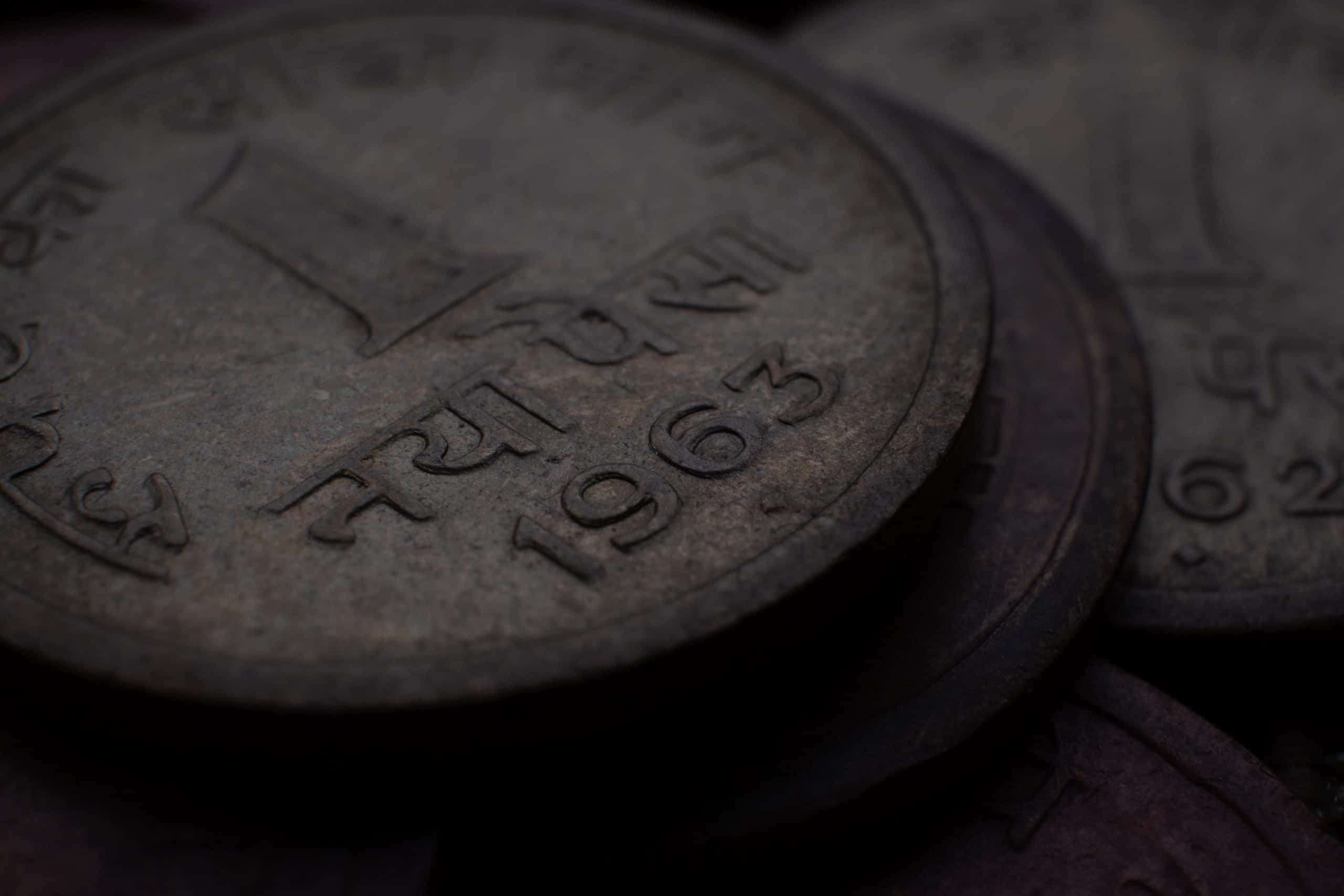
Rust is a type of corrosion that occurs when metal is exposed to oxygen and moisture for an extended period of time. The oxidation process causes the metal to break down, forming a red or orange substance on the surface known as rust. Rusty coins are not only unsightly but they can also be dangerous if you try to use them in place of regular coins. That’s why it’s important to clean rusty coins before using them in any way.
Causes of Rusty Coins
There are a few different reasons why coins can become rusty. One of the most common causes is exposure to moisture. If you store your change in a jar or other container that isn’t airtight, the coins will eventually start to rust. Another common cause of rust on coins is contact with skin oils. When you handle coins, your skin oil can transfer to the surface and create a layer of corrosion. Finally, some metals are more prone to rusting than others. For example, copper and bronze tend to corrode faster than steel or aluminum.
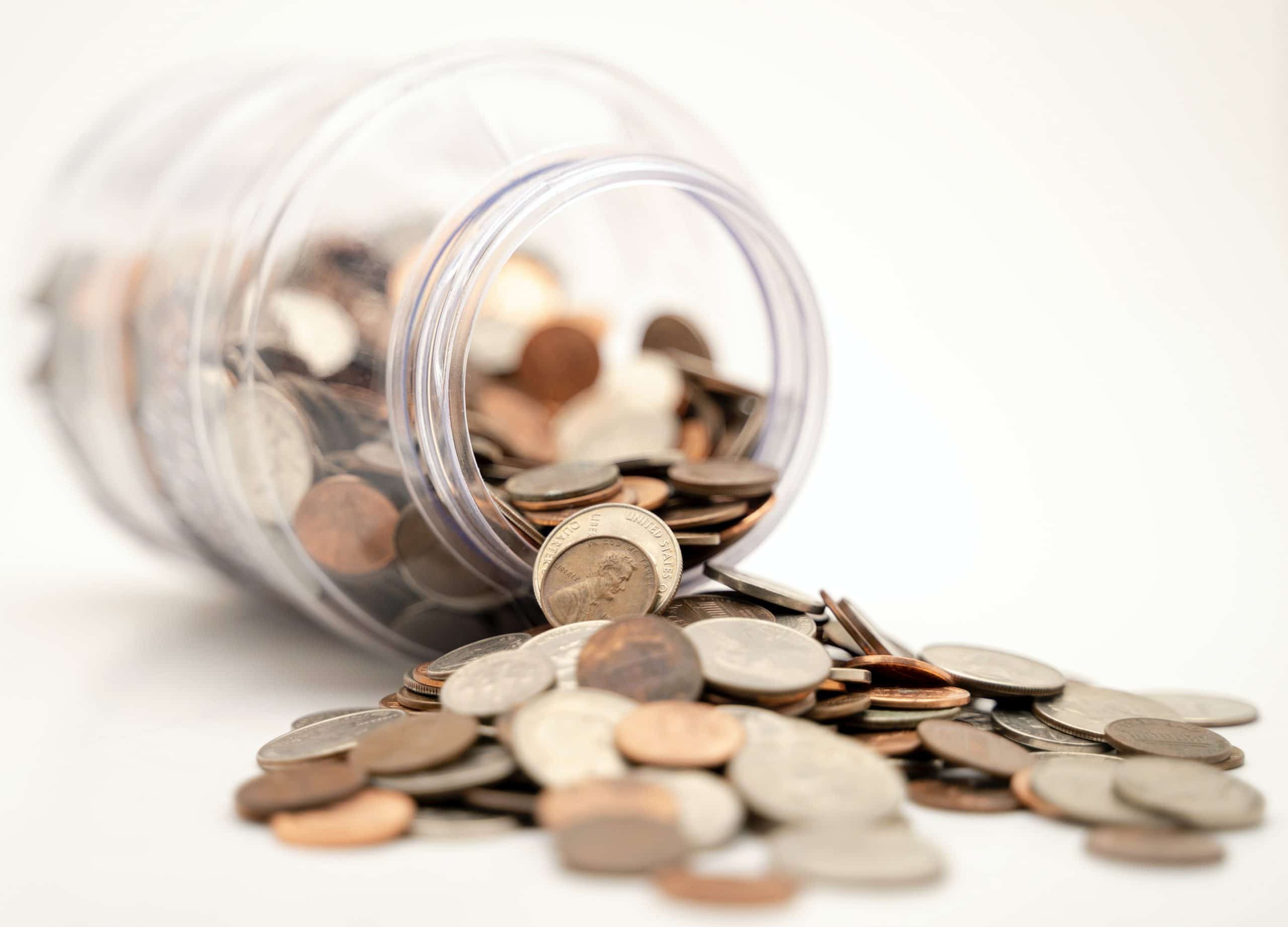
Storing Rusty Coins in Pocket or Wallet
When you leave your money sitting around for too long without cleaning it off, there’s a chance that it will end up covered with rust stains. While storing rusty change isn’t necessarily dangerous to one’s health or their well being, many people choose not to use wallets full of rusted pennies when they can avoid doing so! This type of damage happens slowly overtime as moisture seeps into the coinage itself. Rusty coins can also result from storing your money in moist or humid conditions.
Rusty Coins From Tarnish
Another common cause of rusty change is tarnishing, which occurs when the copper content within a coin reacts with sulfur and other chemicals found in its surroundings. If you’ve ever taken an old penny out of storage to find that it’s become covered with green spots on all over then this might be what happened! While some people like the look of oxidized pennies (which results in their signature brown color), others prefer shiny new ones. This type of damage is hard to reverse so it’s important not leave your coins sitting around for too long without cleaning them off first so they don’t rust before your very eyes!
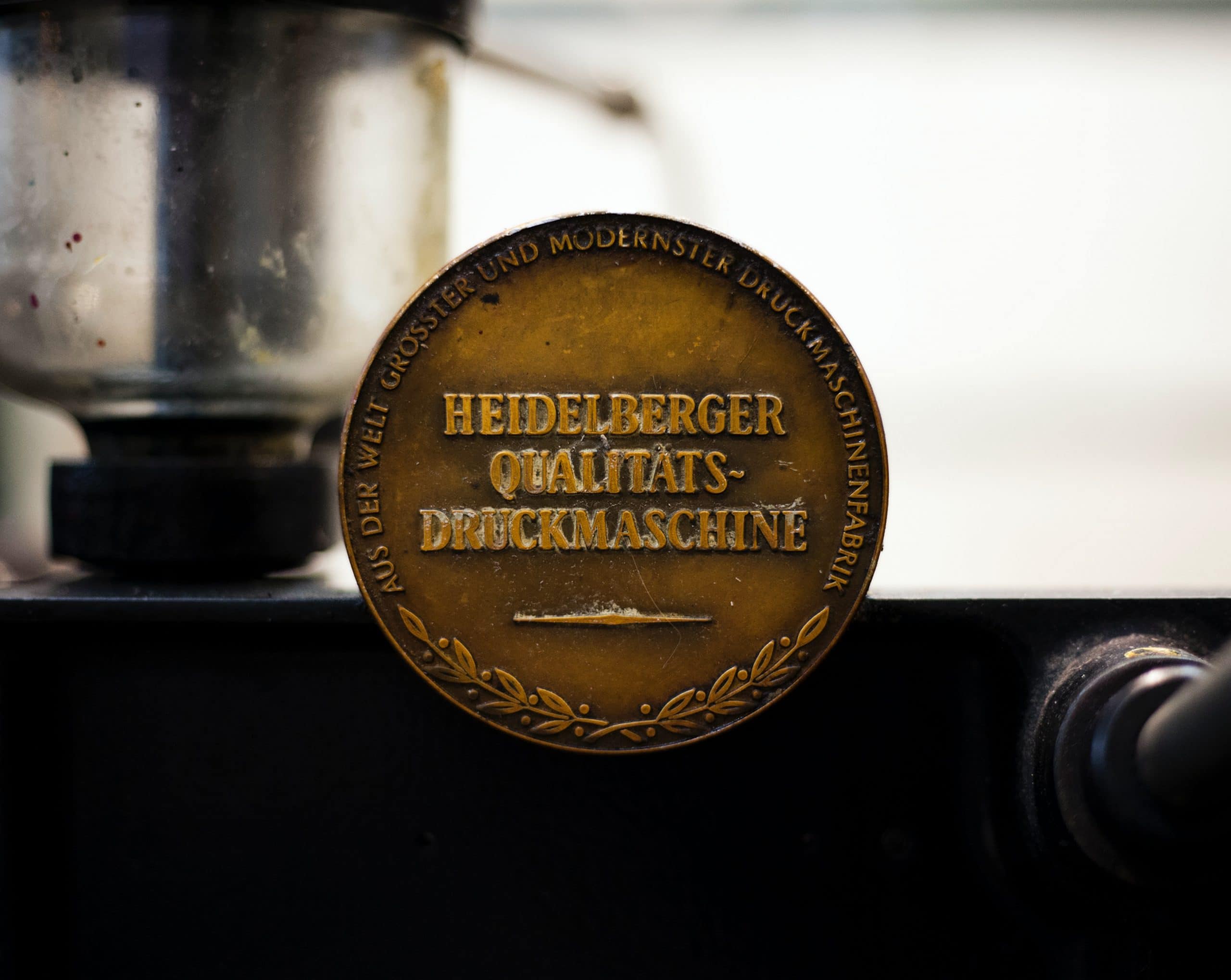
How to Clean Rusty Coins at Home?
There are many ways that you can clean rusty coins using common household items or materials from your local store. Below we have listed some of the most popular methods for how to clean Rusty Coins:
Salt Method
Place a bowl on top of an absorbent surface (paper towels, napkins, etc) and put the rusted coin inside. Sprinkle salt over the coin until it is completely hidden underneath about half an inch’s worth of salt grains. Then take another piece of paper towel and pour vinegar onto it so that it soaks up all but one drop which should be enough to dissolve the salt and rust away.
Rinse the coin in water to remove any traces of vinegar or salt, then pat dry with a soft cloth before storing it somewhere safe so you can admire your newly restored Rusty Coins once again!
Copper Pipe Method
One simple way you can clean Rusty coins at home is by using copper pipe which has been cut into several pieces that are slightly larger than the surface area of your coin . Place each piece on top of an absorbent material (paper towel, napkins etc) to protect the table below from being damaged. Then take another piece of paper towel soaked in vinegar and squeeze out most but not all the liquid. Use this as a lubricant for rubbing down your Rusty Coin until both sides are completely clean. Rinse the coin in water to remove any traces of vinegar or salt, then pat dry with a soft cloth before storing it somewhere safe so you can admire your newly restored Rusty Coins once again!
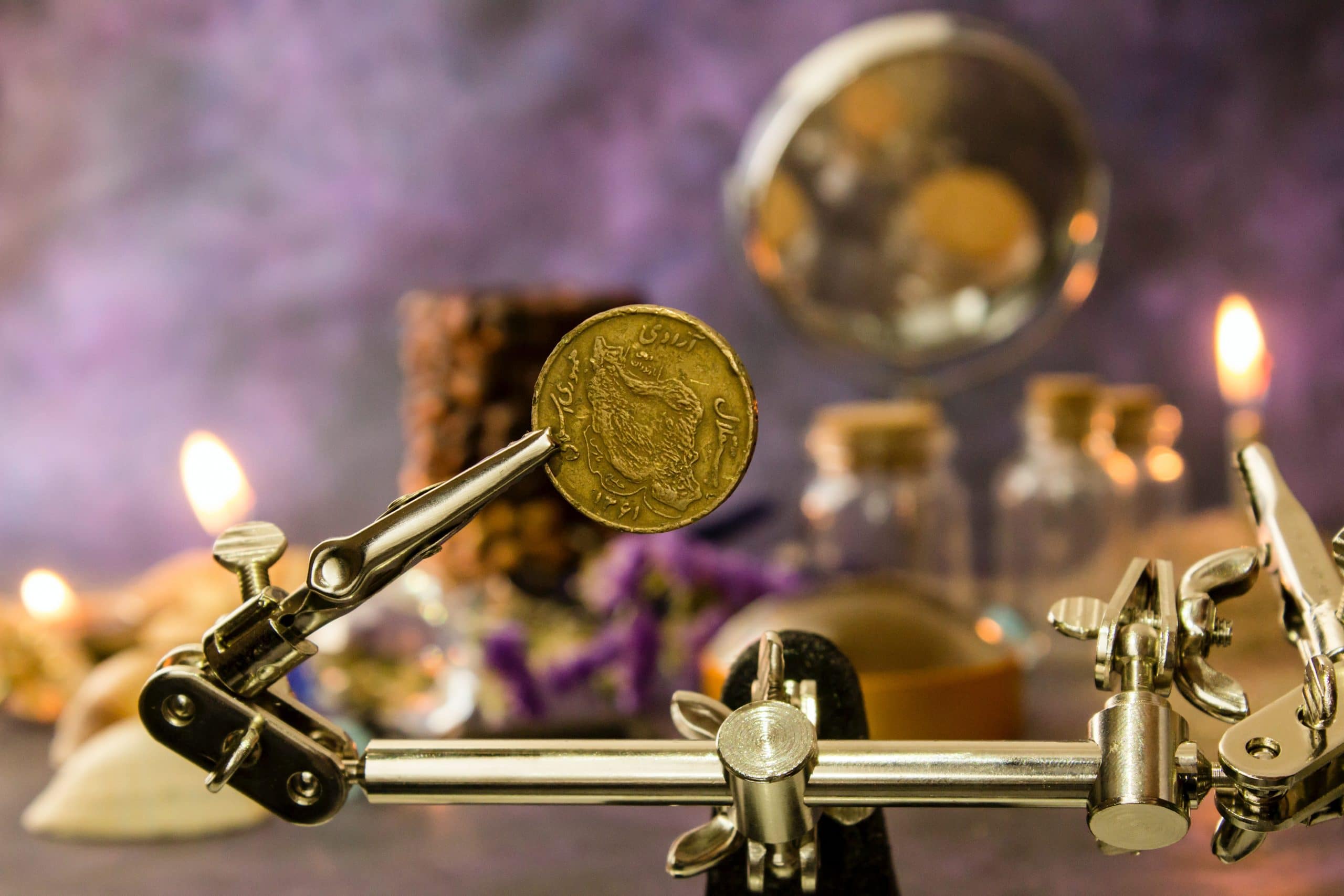
Coin Cleaning Kit
If you want to buy a Rusty Coin Cleaning kit there are many different types that are available both online and at local stores. These tend to come with a variety of materials like polishing compounds, brushes, rags, cleaning solutions etc which will make the job much easier as everything is all in one place. Just be sure to read the instructions carefully first before starting so you know what each item is meant for and how to use it.
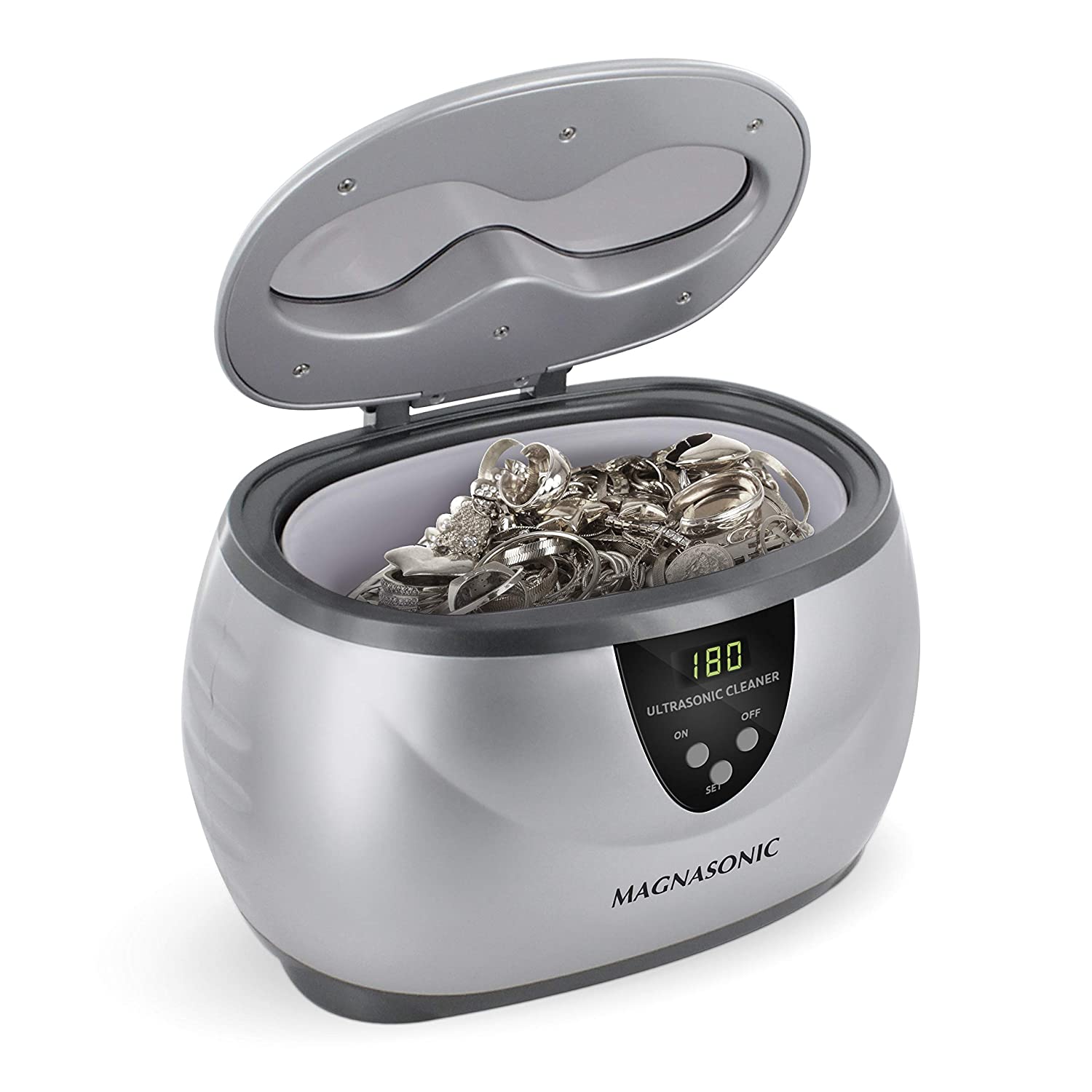
Vinegar Method
Fill up an aluminum pie plate (or baking pan) with enough white distilled vinegar to cover all surfaces of the coins that are within it . Then place the rusty penny on top and let sit for about half an hour – one hour depending on how dirty they are. After this time has passed gently wipe them down using paper towels soaked in vinegar which will dissolve away rust without damaging other elements like silver plating etc. Use non abrasive pads like steel wool if necessary but make sure not to rub too hard so you don’t scratch the coins. Rinse in water to remove any traces of vinegar or salt, then pat dry with a soft cloth before storing them somewhere safe so you can admire your newly restored Rusty Coins once again!
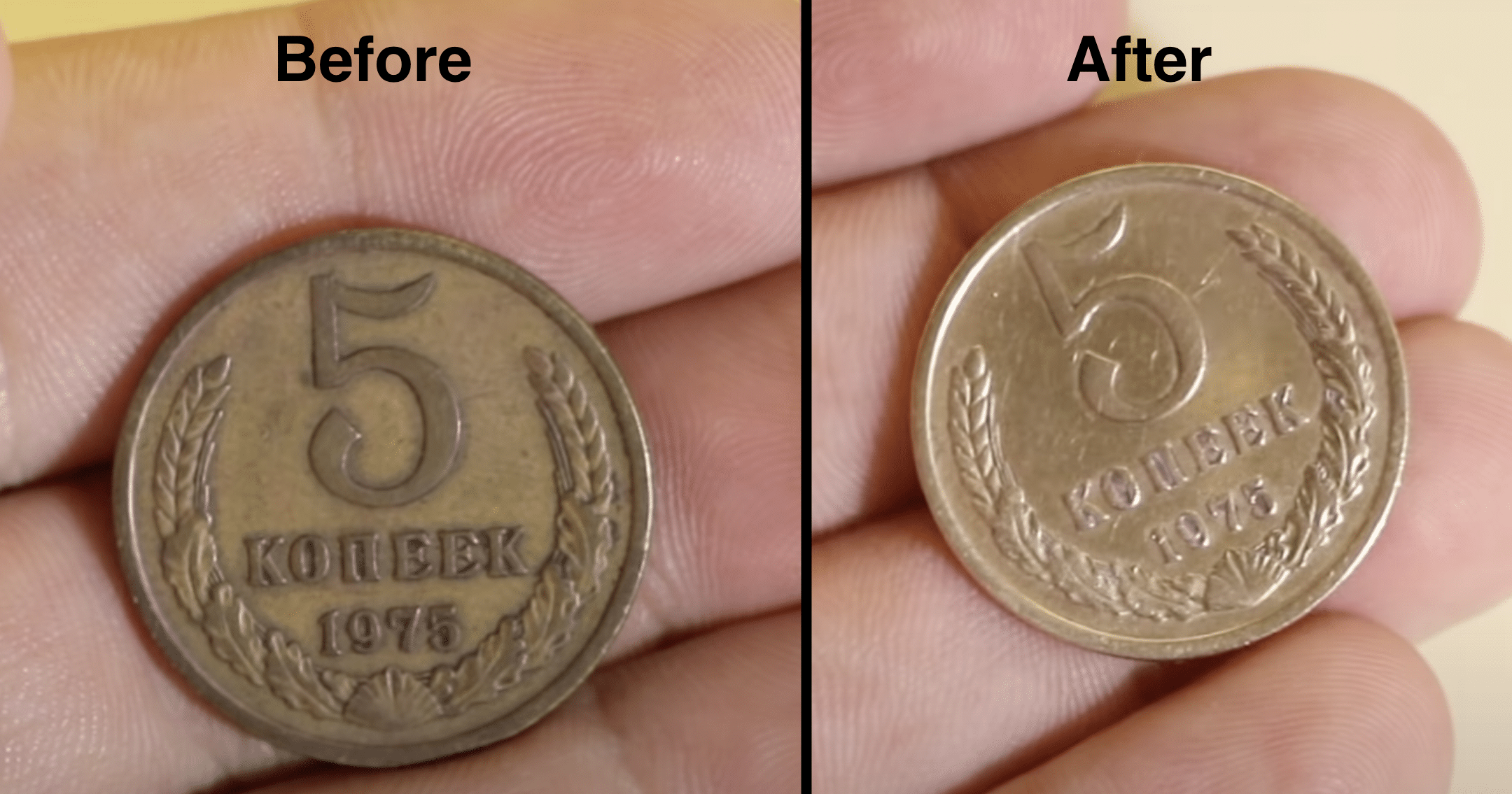
Using A Tumbler
If you want Rusty Coin Cleaning done quickly and without having to wait around an hour for it (or even overnight) then this is probably the best choice. Utilize good quality machine polishing compound which will speed up how long it takes for your coin to come out shiny new on both sides . Drop each one into the barrel along with some pennies that aren’t rusty but are similar in weight (to balance everything evenly). Then add wetting solution to the barrel and turn it on for about an hour or until you’re happy with the results. Rinse in water to remove any traces of vinegar or salt, then pat dry with a soft cloth before storing them somewhere safe so you can admire your newly restored Rusty Coins once again!
Rust Remover
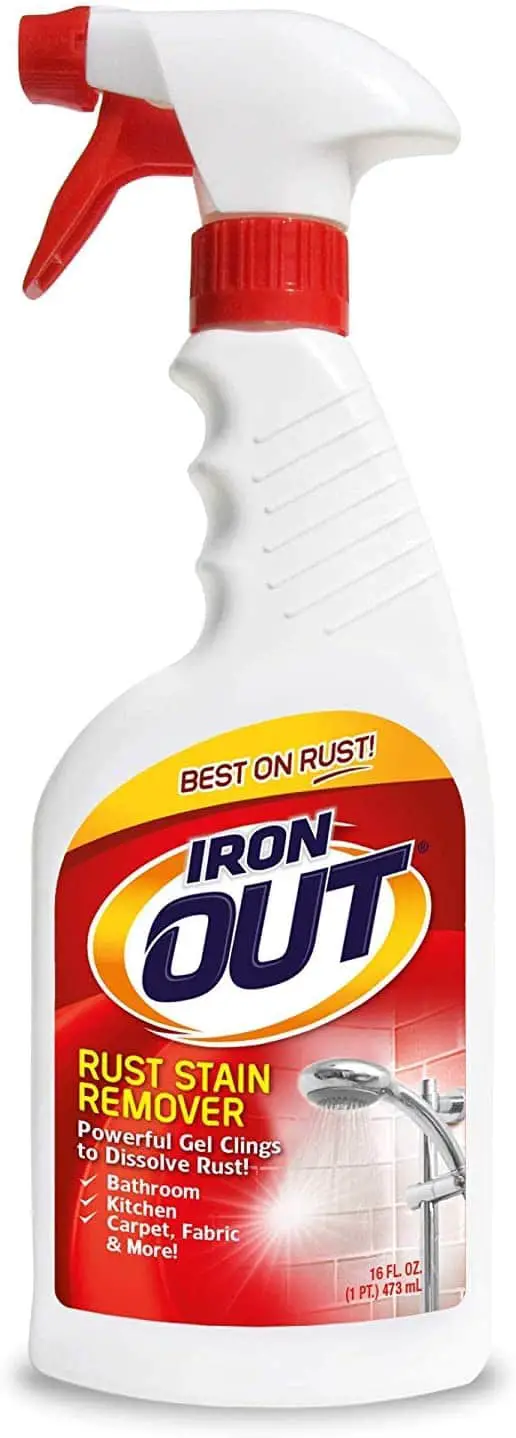
If you’re not comfortable using any of the methods listed above, or if your coins are too severely rusted for any at-home solutions to work, then it might be time to bring out the big guns and buy a rust remover. These products can vary in terms of strength so always read the label carefully before use! Be sure to test any chemicals on an inconspicuous spot on your coin first before applying it all over as some may cause discoloration.
There are many ways that you can clean Rusty Coins at home, and the one you choose will most likely depend on how big of a hurry you’re in, how dirty they are, and what supplies you have lying around. In this article we’ve outlined four different methods – Copper Pipe, Vinegar, Tumbler, and Coin Cleaning kit – so hopefully there’s something for everyone! Whichever way you decide to go just make sure to take your time and be gentle when cleaning so as not to damage any of the delicate elements that might be present on your coin. And finally…enjoy your shiny new Coins!
How to prevent Rusty Coins
Rusty coins can be caused by a variety of factors, chief among them being the environment in which they’re stored. Moisture and humidity will speed up the rusting process, so it’s important to keep your coins in a dry place where there is little to no chance for oxidation to occur. If you live in an area that has high levels of humidity then consider using a dehumidifier to help regulate the moisture content in the air and protect your coins from becoming Rusty.
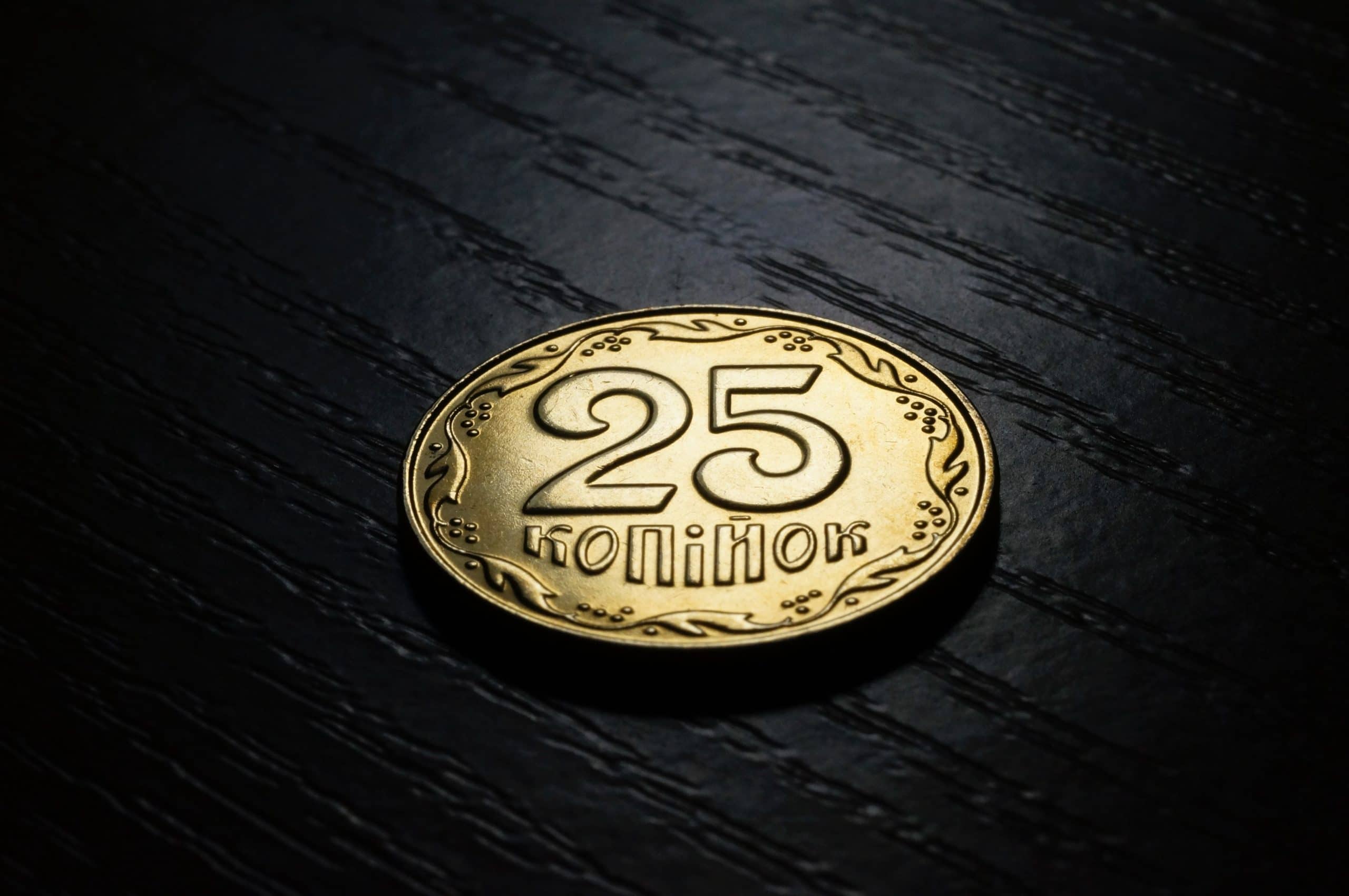
Another way to prevent Rusty Coins is by regularly cleaning them using one of the methods outlined above. This will remove any built-up oxidation and dirt that might have accumulated over time, and if done on a regular basis can significantly reduce how fast Rusty Coins form.
Does Rust Mean my Coin’s Value Drops?
No! Rusty pennies will never be worth less than their face value unless they’re rare date errors due in uncirculated condition. It doesn’t matter how long your coin has been sitting around rusty; you can still use it for its full buying power at any store until such time as someone decides that they want it enough to buy it off you first!
Useful tips on Rusty Coins
If you have some Rusty Coins that need cleaning, here are a few useful tips to help you out:
- Use copper pipe cleaner as it is gentle and doesn’t have any harsh chemicals.
- If using vinegar make sure it is white distilled vinegar as this will not damage the coins.
- Polish your coins with a machine polishing compound for best results.
- Make sure to read the instructions carefully before starting if using a Coin Cleaning kit .
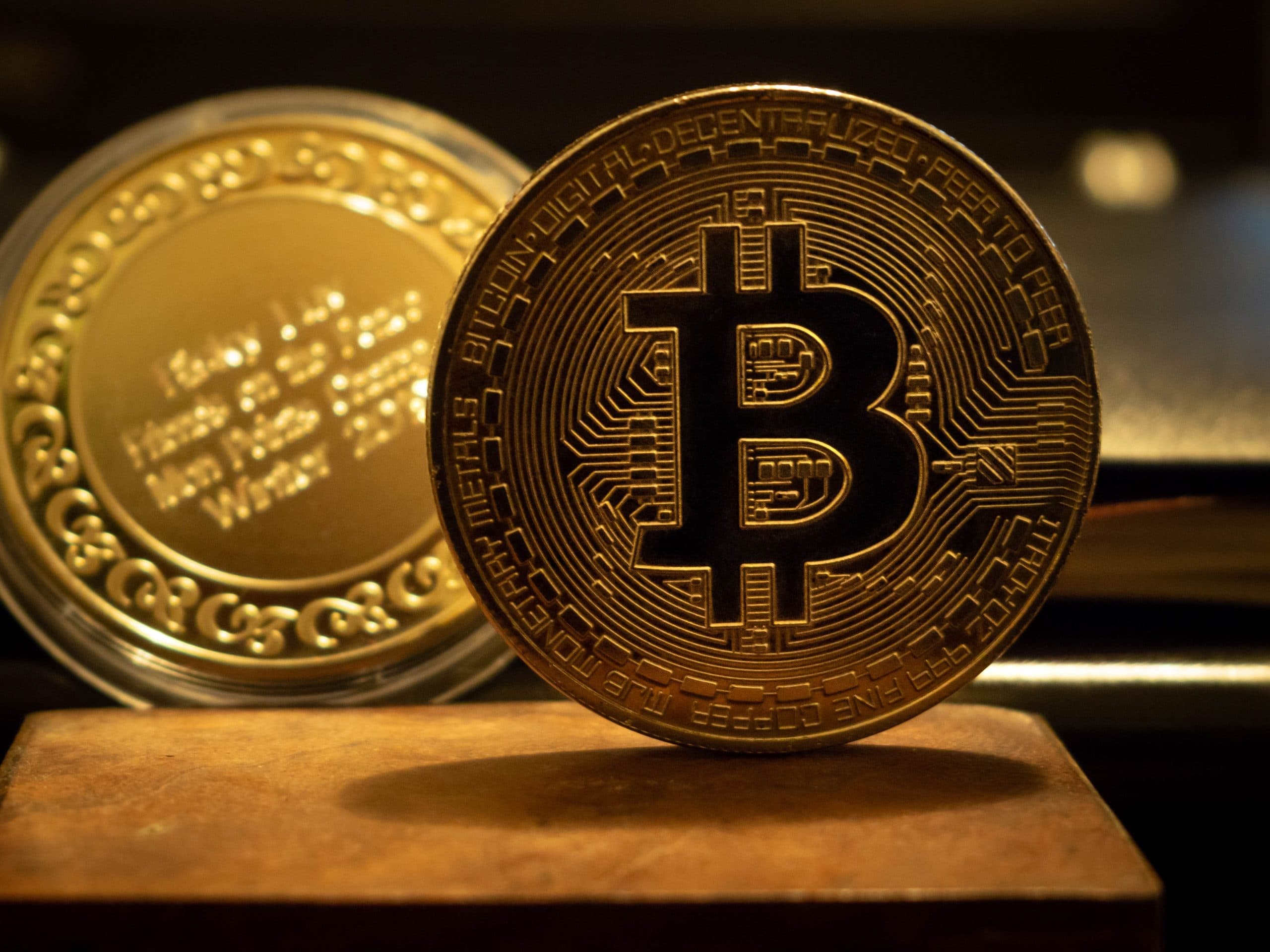
Summary
Cleaning rusty coins can be a challenging but rewarding process. By using one of the methods outlined in this article you can get your coins looking shiny and new again in no time! Just make sure to take your time, be gentle, and use the right supplies for the job. And most importantly, enjoy your newly restored coins! 🙂
If you have any questions or comments feel free to share them below. We’d love to hear from you! 🙂
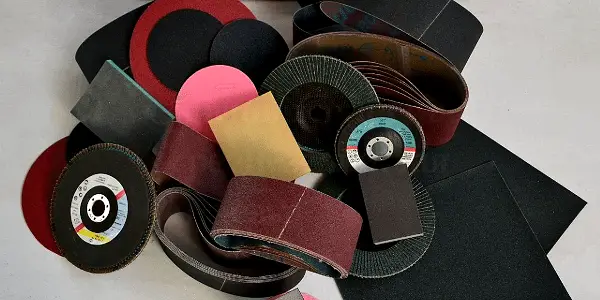
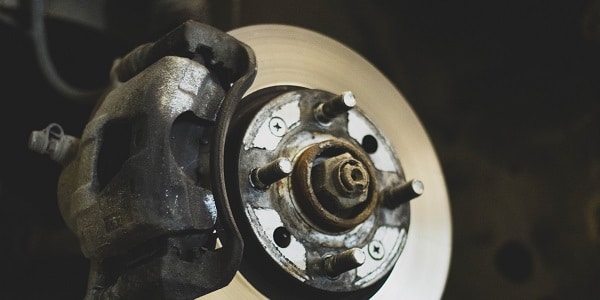

Do Not polish your coins if you want them to be able to be sold later. Collectors discount the coins greatly, if it is detected that the coin has been detected. Refer to NGC and PCGS for seeing how much polished coins loose in value.